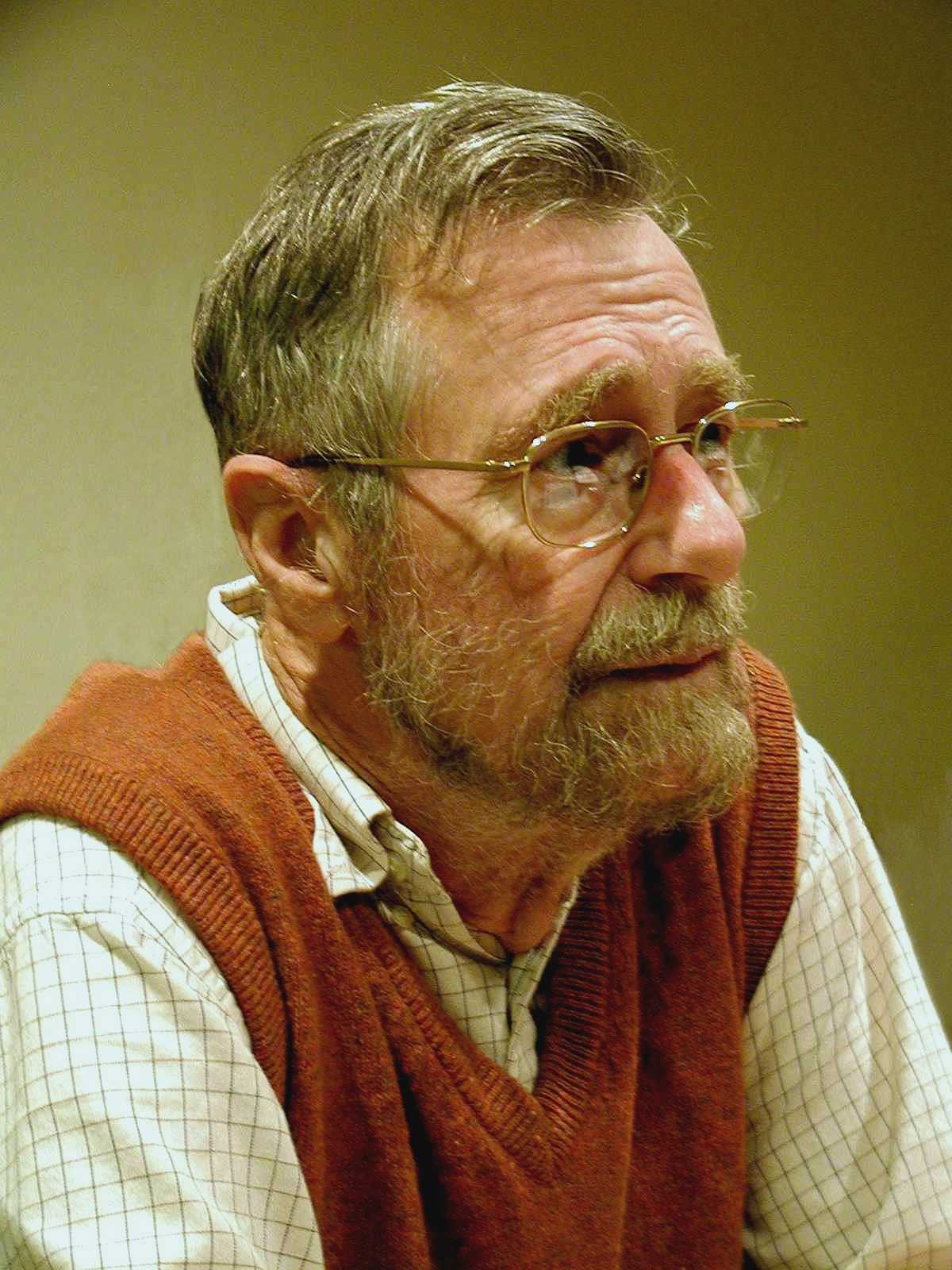Here is a question for technical people among your – how much time does a person need to learn HTML?
The reason I am asking is that I gave to one of our newer colleagues a whole weekend (from Friday evening until Monday morning ) to do it. I promised to unleash all my fury and beat him severely with a stick, if I will find something that he doesn’t know by Monday 09:00am.
Now, before you will call me cruel, I’ll give you a couple of more details. The person who I gave the task isn’t just a random fellow from the street.  He’s someone holding a Bachelor of Computer Science degree from a known UK university.  He has also studied Computer Science in USA and Cyprus, and even has some experience in the field of programming and web development. So, yes, I would have expected him to know this stuff already, but somehow it happened that he doesn’t, and now he’ll have to catch up with it.
Also, when I gave out the task, I was as soft as I usually am. So, I provided the person with all the necessary learning materials, including digital copies of O’Reilly books, famous web sites, and relevant Google queries.
Am I fair with my timing?  How much time would you need to learn HTML? Should I beat up the person on Monday even if he learns it inside out? These are the questions rushing through my head right now…
